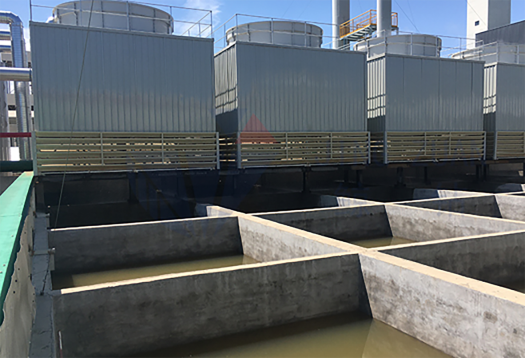
Oct . 06, 2024 01:30 Back to list
hpmc for gypsum
HPMC for Gypsum Enhancing Performance in Construction Applications
Hydroxypropyl Methylcellulose (HPMC) is a versatile and highly effective polymer that has gained significant prominence in the construction industry, particularly in applications involving gypsum-based products. Gypsum, a sedimentary rock composed mainly of calcium sulfate dihydrate, is widely used in the production of plasterboard, cement, and other building materials. The incorporation of HPMC into gypsum formulations can enhance their performance, workability, and overall quality, leading to improved outcomes in a range of construction applications.
Understanding HPMC
HPMC is a non-ionic, water-soluble cellulose ether that exhibits a range of properties such as thickening, binding, and emulsifying abilities. It is derived from cellulose, a natural polymer obtained from plant cell walls, and is modified to enhance its solubility and functionality. The unique characteristics of HPMC include enhanced water retention, improved adhesion, and excellent film-forming properties. These features make it an ideal additive in gypsum formulations and other construction materials.
The Role of HPMC in Gypsum Products
1. Water Retention One of the most significant advantages of incorporating HPMC into gypsum systems is its ability to retain water. Gypsum products often require a specific water-to-powder ratio for optimal setting and performance. HPMC helps to maintain moisture levels, which is crucial for achieving a proper cure. By slowing down the evaporation of water during setting, HPMC helps prevent cracking and ensures that the gypsum hardens evenly.
2. Workability HPMC improves the workability of gypsum pastes and mortars. When mixed with water, HPMC forms a gel-like consistency that makes the application process smoother and easier. This enhanced workability is particularly beneficial for contractors and builders, as it allows for better handling and application of gypsum products, reducing labor intensity and time on site.
hpmc for gypsum

3. Adhesion Adhesion is a key factor in the performance of gypsum-based materials. HPMC contributes to improved adhesion properties by forming a strong bond between the gypsum and the substrate. Whether it is for plastering walls, installing drywall, or other applications, enhanced adhesion can lead to more durable and long-lasting results.
4. Flexibility and Crack Resistance Gypsum materials often face challenges related to shrinkage and cracking as they set and cure. The incorporation of HPMC can impart flexibility to the final product, reducing the likelihood of cracks. This is particularly important in regions with temperature fluctuations and humidity changes, where materials are subjected to varying environmental conditions.
5. Enhanced Durability The use of HPMC can also enhance the durability of gypsum products. By providing a stronger matrix, HPMC helps resist deformation due to stress and mechanical loads. This translates to longer-lasting installations and reduced maintenance costs for building owners.
6. Compatibility with Other Additives HPMC is compatible with a wide range of other additives, which allows formulators to create customized gypsum products tailored to specific applications. This versatility is especially valuable in a diverse construction market where different projects may demand unique performance characteristics.
Conclusion
In the ever-evolving construction landscape, the importance of high-quality materials cannot be overstated—gypsum products are integral to various applications, from partition walls to ceilings. The integration of HPMC into gypsum formulations brings a plethora of benefits, including improved water retention, workability, adhesion, flexibility, and overall durability. As the industry continues to prioritize efficiency and sustainability, the role of HPMC in enhancing gypsum products will undoubtedly remain significant.
By leveraging the unique properties of HPMC, manufacturers can produce superior gypsum-based solutions that meet the demands of modern construction practices, providing builders and contractors with the tools they need to achieve exceptional results in their projects. Whether it’s for residential, commercial, or industrial applications, HPMC-enhanced gypsum products represent a step forward in the quest for higher quality and performance in the construction industry.
-
Versatile Hpmc Uses in Different Industries
NewsJun.19,2025
-
Redispersible Powder's Role in Enhancing Durability of Construction Products
NewsJun.19,2025
-
Hydroxyethyl Cellulose Applications Driving Green Industrial Processes
NewsJun.19,2025
-
Exploring Different Redispersible Polymer Powder
NewsJun.19,2025
-
Choosing the Right Mortar Bonding Agent
NewsJun.19,2025
-
Applications and Significance of China Hpmc in Modern Industries
NewsJun.19,2025







